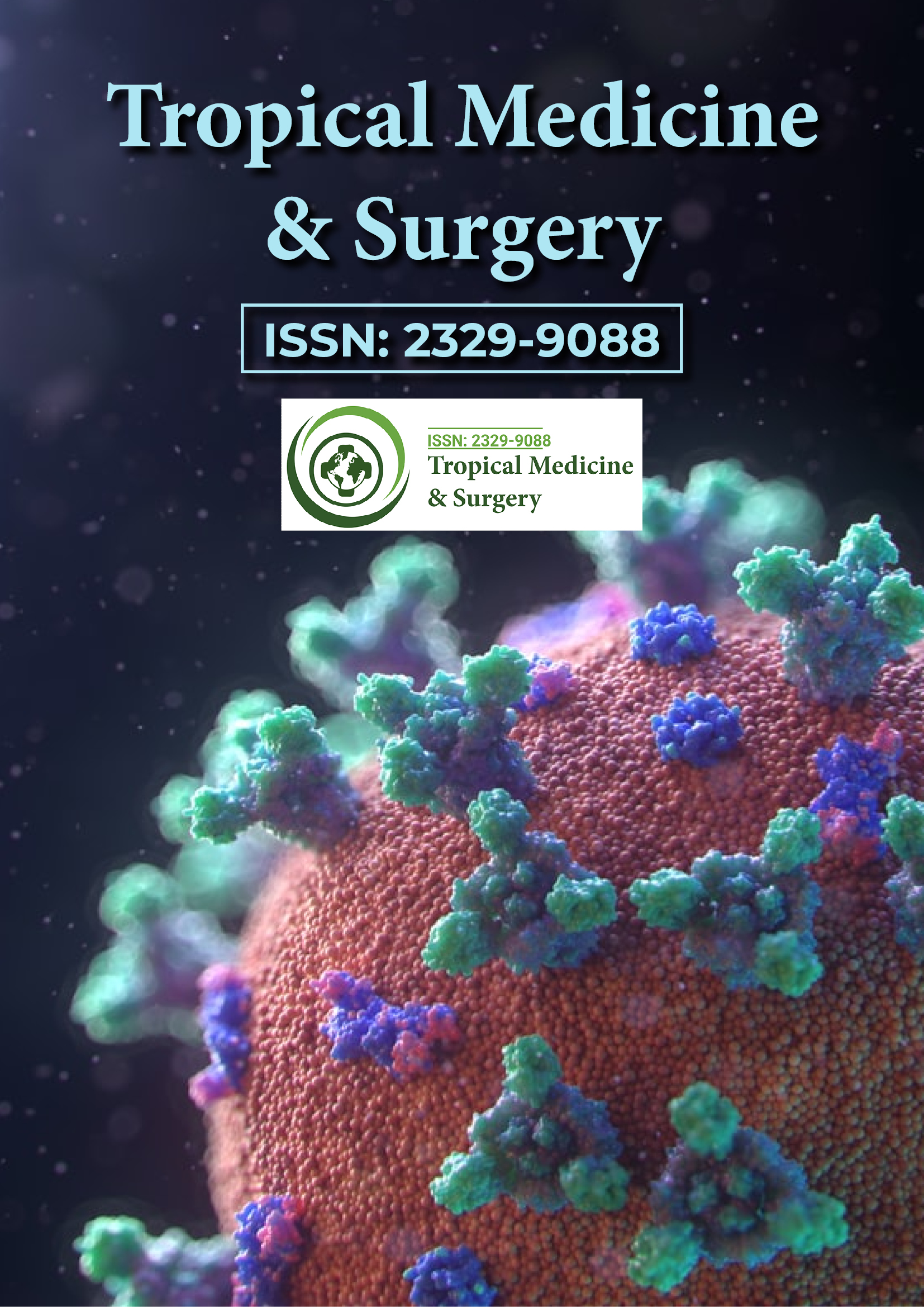Indexed In
- Open J Gate
- Academic Keys
- RefSeek
- Hamdard University
- EBSCO A-Z
- OCLC- WorldCat
- Publons
- Euro Pub
- Google Scholar
Useful Links
Share This Page
Journal Flyer

Open Access Journals
- Agri and Aquaculture
- Biochemistry
- Bioinformatics & Systems Biology
- Business & Management
- Chemistry
- Clinical Sciences
- Engineering
- Food & Nutrition
- General Science
- Genetics & Molecular Biology
- Immunology & Microbiology
- Medical Sciences
- Neuroscience & Psychology
- Nursing & Health Care
- Pharmaceutical Sciences
Epidemiology, causes, clinical manifestation and diagnosis of COVID-19
Introduction
Coronaviruses are a group of viruses surrounded by positive sense single stranded RNA genomes. These are distributed mostly in humans, cows, pigs. Although most human coronavirus infections are mild, major outbreaks of two beta coronaviruses, severe acute respiratory syndrome coronavirus (SARS-CoV) in 2002-2003 and Middle East respiratory syndrome coronavirus (MERS-CoV) in 2012, have caused deadly pneumonia, with mortality rates of 10% for SARS-CoV and 36% for MERS-CoV. For COVID-19, as suggested by epidemiological evidence in China, this outbreak began from a seafood and live animal shopping center in Wuhan, Hubei Province on December 12, 2019. However, like two previous epidemics, the current epidemic also switched to human to human transmission immediately, and swept through most regions in China even faster than the previous pandemic
Special Issue Guidelines
Proposals are invited from all recognized experts in this area for creating special issues that fall within the scope of Longdom Journal of Tropical Medicine and Surgery. Special issues should focus on " Epidemiology, causes, clinical manifestation and diagnosis of CCOVID-19". The aim of these special issues is to broaden the scope of Longdom journals by encouraging publication of articles specific to high profile research topics from all areas Tropical diseases and COVID19.
Proposal Preparation
Special issues will be released on a monthly basis and proposals will be accepted accordingly. All proposals should include the following information:
Title of the proposed special issue
Purpose and current relevance List of topics to be covered
List of potential contributors
Guest Editor(s) and Reviewers
Address, phone, e-mail, and fax of guest editors and reviewers
Tentative deadlines for submission and review process (Timeline for submission, review, and final acceptance)
All proposals should be submitted to Editorial Tracking or send as an e-mail attachment to the Editorial Office at submissions@longdom.org For any queries, Whats App us at: +32-466902262
Role of EB Members
Review the special issue proposals for relevance to current research in the concerned field.
Recommend suitable proposals and their guest editors along with their biographies.
Once a proposal has been accepted by the EB members for creating a special issue, the corresponding guest editors will be responsible for handling and processing of the special issue articles.
Role of Guest Editor(s)
State the importance of the proposed special issue theme and explain how the special issue articles will contribute towards advancing the scope of the journal.
Suggest potential authors and invite them for contributing relevant articles for the proposed special issue.
Suggest a minimum of 3-5 reviewers for the manuscripts submitted towards the special issue.
Carry out all communications with potential authors and reviewers concerning author guidelines for manuscript preparation and reviewing.
Prepare a timeline and schedule for the release of special issue articles. This should include a timeline for manuscript preparation, review process, and final submission.
Oversee the submission of final edited versions of the contributing articles along with the contact information of all corresponding authors.
Include a short editorial for the topic of interest written either by the guest editor or by any of the contributors.
Submission Process
Special issue articles can include both original unpublished research articles and review articles related to the specific theme.
Manuscripts will be accepted for publishing in the special issue only after getting approved by the peer review committee [selected by the guest editor(s)].
All the articles in special issues should strictly adhere to journal style and formatting.
Each special issue can be created with 10-15 articles.
All accepted manuscripts can be submitted online via Editorial Tracking. Submission should be accompanied by a cover letter with reference to the concerned special issue theme.
Accepted manuscripts submitted before the deadline will be published within the given timeframe for the respective journal publication.
Once accepted and published, all special issues will be released under an open access system through Longdom International and will be freely available for reading, downloading, and printing.
For further information on special issue guidelines and submission process, please contact submissions@longdom.org
